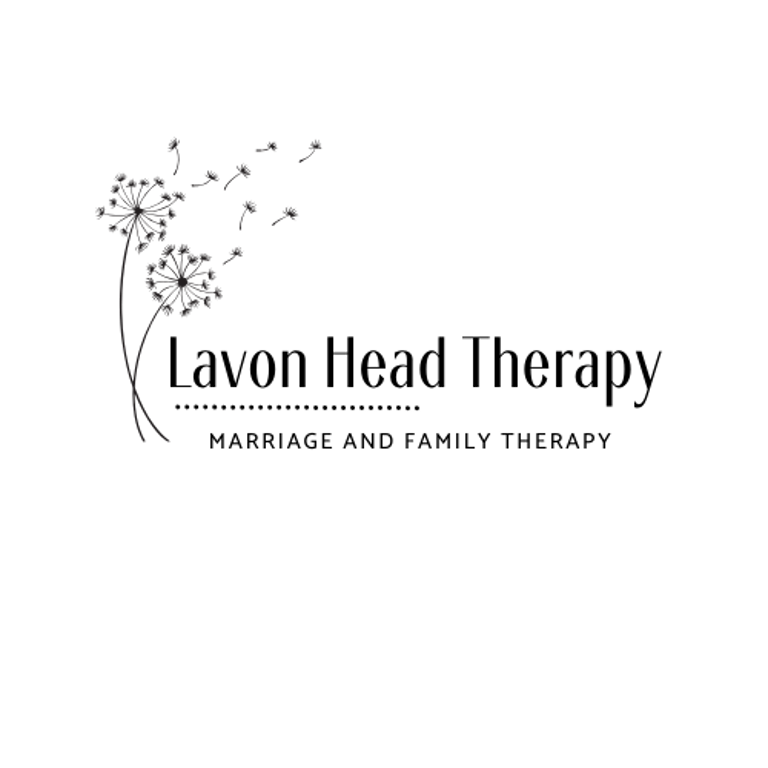Choose Your Friends Wisely
It's not easy finding the right friends but it's possible.
RELATIONSHIPS


We need our girlfriends at every age, acquaintances with whom we share a social gathering as well as those we entrust with our hearts. It’s nice to have friendships of all kinds, but how do we know which people are part of our trusted friend circle; those friendships that run deep and will last for years? It takes wisdom to choose the right ones.
There is a theory that one way to choose a friend is to decide if you would have 2 beers with them and let them watch your puppy over the weekend. The first is asking if they are worth spending your time and the second is asking if you trust them. Let's look at other questions we should be asking:
How do they make me feel about myself? When you leave the friend, you should feel good about the time spent together. You shouldn't have to replay conversations in your head and second guess everything. If you've tolerated passive aggressive remarks like "Wow! That lipstick looks great on you. I can't wear bright red lipstick like that, but it looks good on you," you're not going to feel good about the friendship. People who are insecure feel the need to compete and outdo others and they don't usually make good friends. A secure person will build you up and celebrate your successes.
Am I relaxed and enjoying their company enough to forget feeling self-conscious? We probably aren't going to love everything about them just like they aren't going to love everything about us, but a good friend will let you be yourself.
Do they listen when we talk and offer support? If it's all about them, and you know who these women are, you need to ask yourself what you're getting out of it. If you're always listening and rarely being heard, you may have a need to be needed, but you're ignoring your own needs. Eventually, you're going to be exhausted, frustrated and find yourself avoiding them. Wouldn't it be better to speak up and express your need to be heard, then if they don't change, find someone else with whom to spend your time?
Do they keep your confidence? Do they avoid gossip? You know the old saying, "If they're talking about someone else with you, they're talking about you to someone else." There's nothing wrong with saying that you don't like to gossip. I would say something like, "I don't really worry about that sort of thing. I have so many other things going on." That shows a lack of interest in the gossip and can help you change the subject. And if that doesn't work, be direct, "Let's talk about something else."
Are we engaging in an activity that is healthy and satisfying? If you don't enjoy shopping or you don't want to drink wine, say it. You don't have to conform to other's expectations.
We should also pay attention to their moods and emotions to determine if they are stable. The best friendships are not demanding or clingy, but welcome others into the group for social functions. They also should have other long-term close friends, and if not, you might want to find out why their past friendships ended. I'm not saying they have Borderline Personality Disorder but if they can't keep friendships, you may want to look into why that is before you become the next ex-friend. One big Red Flag is a long list of friendships that have ended, complaints about co-workers, and being cut off from family.
Amidst all the good qualities we want in a friend, possibly the most important is grace. When we make a mistake, will they come to us and ask us to work it out? Will they give us the opportunity to explain or apologize? A good friend will work things out and communicate with you, and they are worth being in your trusted circle of friends. They’ll have those 2 beers with you (or glasses of wine) AND take care of your puppy! Hold them close to your heart.




